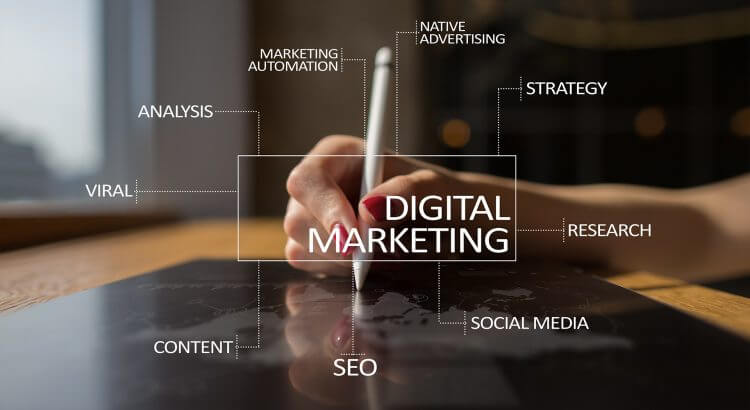Would you like more bookings via Google? Is your hotel’s social media not quite getting the results you see over on your competitors accounts?
NB: This is an article from Siteminder
Do you have an email list but know you aren’t using it to your best advantage? Is the glowing feedback you hear at the checkout counter not reflected in your online reviews?
If you are tasked with marketing a hotel, you know that digital marketing is top of your list. You also know that there are just so many things – and questions – that go into comprehensive and effective digital hotel marketing strategies.
Subscribe to our weekly newsletter and stay up to date
Here, we want to help you turbocharge your hotel’s growth further by demystifying digital marketing strategies for your hotel business. We’ll walk through the most popular and effective tactics and provide the examples, information and inspiration you need to take the next steps.
Digital marketing strategies for your hotel
Today’s hotel industry is often described as dynamic and competitive. From the rise of Airbnb-style operators to a global pandemic which has cost the global tourism industry an estimated $935 billion, the challenges of the last decade have shifted marketing efforts firmly into the spotlight.
More than ever, effective marketing strategies are critical for the success of hotel businesses, whether you are launching a hotel, looking to increase bookings or want to bolster your brand. In this respect digital is the name of the game, boasting affordability and potential for massive reach..
Nearly 60% of the world’s population, that’s 4.66 billion people, are now active internet users. Social media reach continues to explode, with nearly 4 billion people now active users compared to just over 2 billion in 2015.
The options and potential are endless, and with the right strategy and technology – and a little imagination – hotels can harness the power of digital to create marketing magic.
Creating your hotel’s digital marketing strategy
The first step in creating a digital marketing strategy is to think about your target audience. Who are you marketing to? You need to go deep, in an attempt to understand and define that target audience.
A useful way for hotels to do this is by creating guest personas which represent the people they want to see at their check-in desk. Who is your ideal hotel guest? Create a detailed and rounded picture of these people by doing some research around these questions:
- How old are they? Where do they live?
- Who do they live with? Who will they travel with?
- What type of job do they do and how much do they earn?
- What other brands do they love?
- What are their hobbies and interests?
- What do they read?
- What social issues do they care about most?
- Where do they shop for food and clothes?
- What are their life goals? What is their big motivator?
- What is their favourite destination?
- How tech savvy are they?
- Which social networks do they prefer?
- How do they communicate at work, with family and with friends?
Next, you’ll need to define your ultimate digital marketing goals. These will be informed by broader business goals and strategy. For example, a business goal may be to boost revenue by 20% in the coming year and strengthen your brand in the millennial market. Your digital marketing goals can then be shaped around that goal. Doubling your Instagram followers to reach more millenials and generating a 50% increase in traffic to your website may be goals that align with these broader business goals.
Once you have clearly articulated goals and understand who you’re marketing to, it’s time to get into the nuts and bolts of your digital marketing strategy. You’ll need to develop a plan which covers the digital marketing tools that will best help you achieve your goals and how you’ll leverage them to achieve your goals.
- The most popular and effective tools include:
- Content marketing
- Social media
- Influencer marketing
- Email marketing
- Online reviews
- SEO, local SEO and Google Hotel Ads
Content marketing for hotels
From blog posts to podcasts, online magazines, apps, e-books, short form video and virtual reality, the hotel and travel industry has led the way with content that inspires and provides value. Great content can help build your audience, nurture existing customer relationships, boost brand loyalty and increase bookings.





